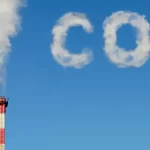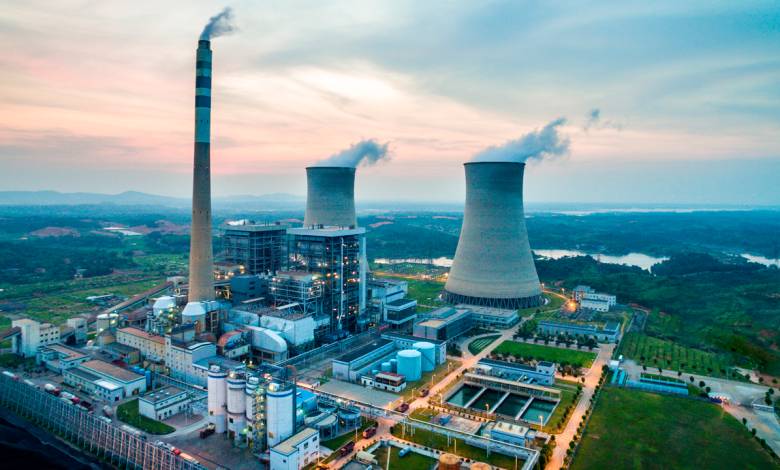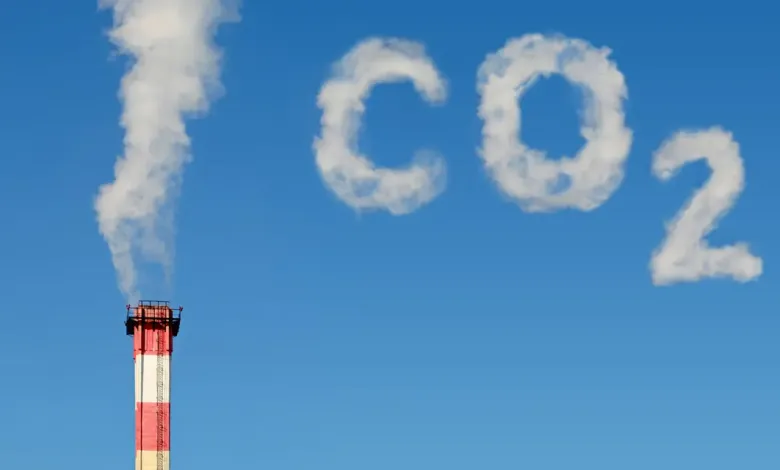A new row has erupted between France, Germany and Spain over nuclear power, with Paris irritated by the lack of support from Berlin and Madrid for its efforts to obtain nuclear-derived hydrogen. “Green” sources said in EU legislation.
The dispute, which could cripple a multi-billion euro hydrogen pipeline from the Iberian Peninsula through France to central Europe, is also delaying green energy legislation in Europe and threatens to implode at an EU summit on Thursday.
France, which relies on its aging nuclear fleet to generate electricity, is leading a campaign to count hydrogen made using nuclear power — known as “red” hydrogen — in the EU’s new renewable energy targets, which currently focus on green hydrogen made using electricity from renewable sources.
Accusations of reneging on commitments
Paris is now accusing Spain and Germany of reneging on commitments that France says its leaders made at meetings in Barcelona and Paris to consider low-carbon energy, a symbol of nuclear power, as clean energy.
“These negotiations are not taking a good turn,” French Energy Minister Agnes Pannier-Ronacher told reporters last week about the EU’s new targets for renewable energy, included in a bill known as the RED-3 directive. Different positions in Brussels and failure to fulfill their obligations.
After much stalling, French President Emmanuel Macron approved a hydrogen pipeline between Barcelona and Marseille in October, an agreement struck at a summit with his Spanish counterpart Pedro Sanchez in Barcelona in January.
Germany was officially added to the project after a joint Franco-German summit in Paris a few days later, with Berlin wanting to import hydrogen from Iberia and further south as it weans itself off Russian gas.
It was Macron’s green light for the so-called H2Med or BarMar project, according to Paris, in exchange for Spanish and German red hydrogen commitments.
misunderstanding
French officials pointed to a joint statement signed in Barcelona that stated, “Spain and France recognize the importance of producing, transporting and consuming clean hydrogen as a product from renewable, low-carbon energy sources.”
In Madrid, officials say, the row is a “misunderstanding” and that they are willing to be flexible on red hydrogen in other legislation such as the Gas Market Directive, but not in the renewables law.
Reuters quoted a senior source in the Spanish government, “Red hydrogen cannot be renewable because nuclear energy is not an energy that can be considered as such. It is impossible. It seems that Berlin’s position reflects Madrid’s position.” “I doubt this would ever be a formal promise of red hydrogen being accepted as ‘green’ if the pipeline were to be carried out from Spain,” said a German official familiar with the negotiations. It’s different.”
French threat
Macron will take the issue to an EU summit on Thursday, and two European officials said he might threaten to cut the pipeline in response.
“It is clear that France will give approval to Parmar only if it can use the pipeline in the future to send its (red) hydrogen to Iberia,” said an official from a southern European country. “The point is that without France there would be no Parmar,” the source added.
Hydrogen is central to Europe’s plans to decarbonize heavy industry, with the European Commission saying green hydrogen targets require an investment of up to €300 billion in new renewable electricity production.
At least six EU officials said they feared the dispute could spill over into a host of other policies that are being expanded to include renewable or low-carbon hydrogen, which could delay laws needed to meet the bloc’s climate goals.
political issue
For example, the European Union is updating gas market laws to incorporate more hydrogen into the grid and plans to propose a “hydrogen bank” to fund new projects. France wants this to include its own red hydrogen but first have to be classified as renewable.
Negotiations on the RED-3 Directive with the European Parliament have been delayed this week because the European Commission has yet to agree on a definition of “renewable” hydrogen. “It’s not a technical question, it’s a political question,” one European diplomat said.












